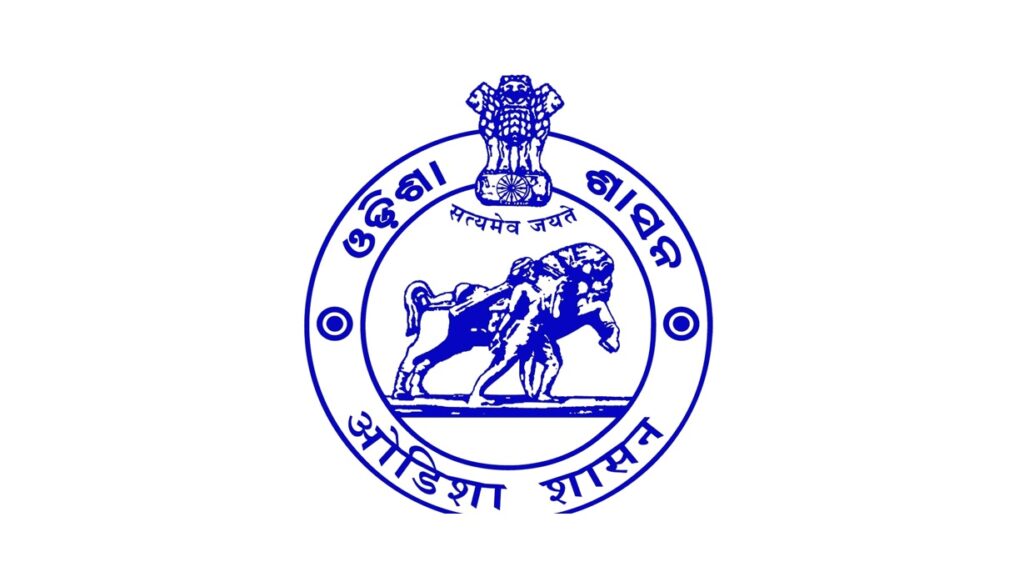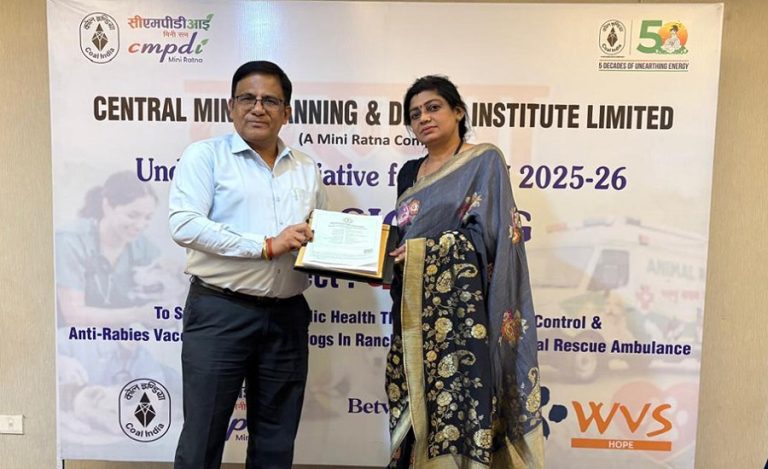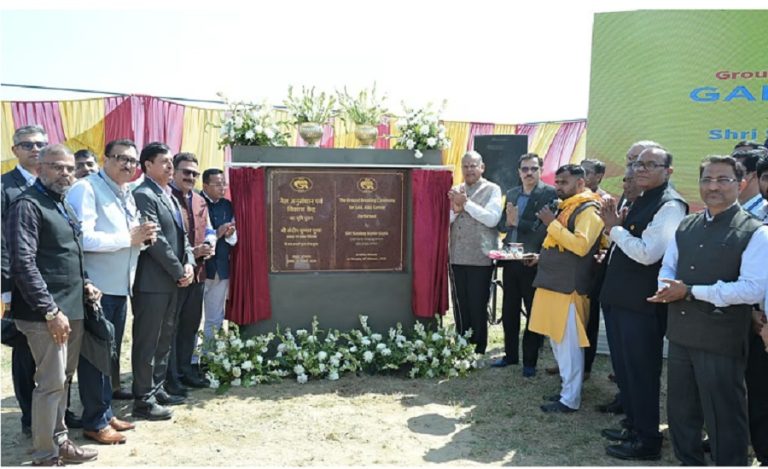Bhubaneswar: In a major push towards clean governance, Odisha Chief Secretary Manoj Ahuja, an IAS officer of the 1990-batch, has directed all state government departments to ensure that officials with ‘doubtful integrity’ are barred from sensitive postings. Emphasizing the need to institutionalize a zero-tolerance culture towards corruption, the Chief Secretary called for comprehensive preventive vigilance measures across all administrative levels.
Crackdown on Corruption: Letter Sent to Senior Officials
In a letter issued to Additional Chief Secretaries, Principal Secretaries, Revenue Divisional Commissioners (RDCs), District Collectors, and the Director General of Vigilance, Ahuja cited recent vigilance cases as a wake-up call. He stressed that punitive measures alone are insufficient, and the system must evolve to prevent corruption before it occurs.
Internal Vigilance Committees to Be Set Up
Departments have been instructed to establish Internal Vigilance Committees (IVCs) tasked with–
- Identifying sensitive functions prone to malpractice
- Mapping corruption vulnerabilities
- Developing short- and long-term action plans
The committees will play a critical role in reinforcing internal checks and balances and streamlining administrative processes.
Systemic Reforms Backed by Technology
Echoing the Santhanam Committee recommendations, the Chief Secretary highlighted systemic issues such as–
- Discretionary powers
- Monopoly in service delivery
- Weak grievance redressal
- Low public awareness
- Poor corruption detection systems
To address these, he urged departments to strengthen and expand technology-driven solutions such as–
- E-tendering and e-procurement
- Work Passbook and WAMIS
- Ease of Doing Business portals
- Direct Benefit Transfer (DBT)
- Online HR and transfer management systems
These digital tools, he said, can minimize human discretion, plug operational loopholes, and enhance transparency in governance.
Staffing Transparency & Role Rotation Emphasized
The letter also outlines specific directives on staffing and placements–
- Officials with tainted service records must not be assigned to roles involving finance, procurement, or citizen-facing services.
- Departments must adopt transparent online transfer policies and ensure regular staff rotation in high-risk positions.
- Successful vigilance models already implemented in some departments should be replicated statewide.
A Shift Toward Preventive, Not Just Reactive, Vigilance
Chief Secretary Ahuja concluded his directives by stating that corruption cannot be rooted out by fear of punishment alone. He called for a multi-pronged approach involving administrative, legal, economic, social, and educational interventions to build a corruption-resistant ecosystem in Odisha’s governance structure.




























